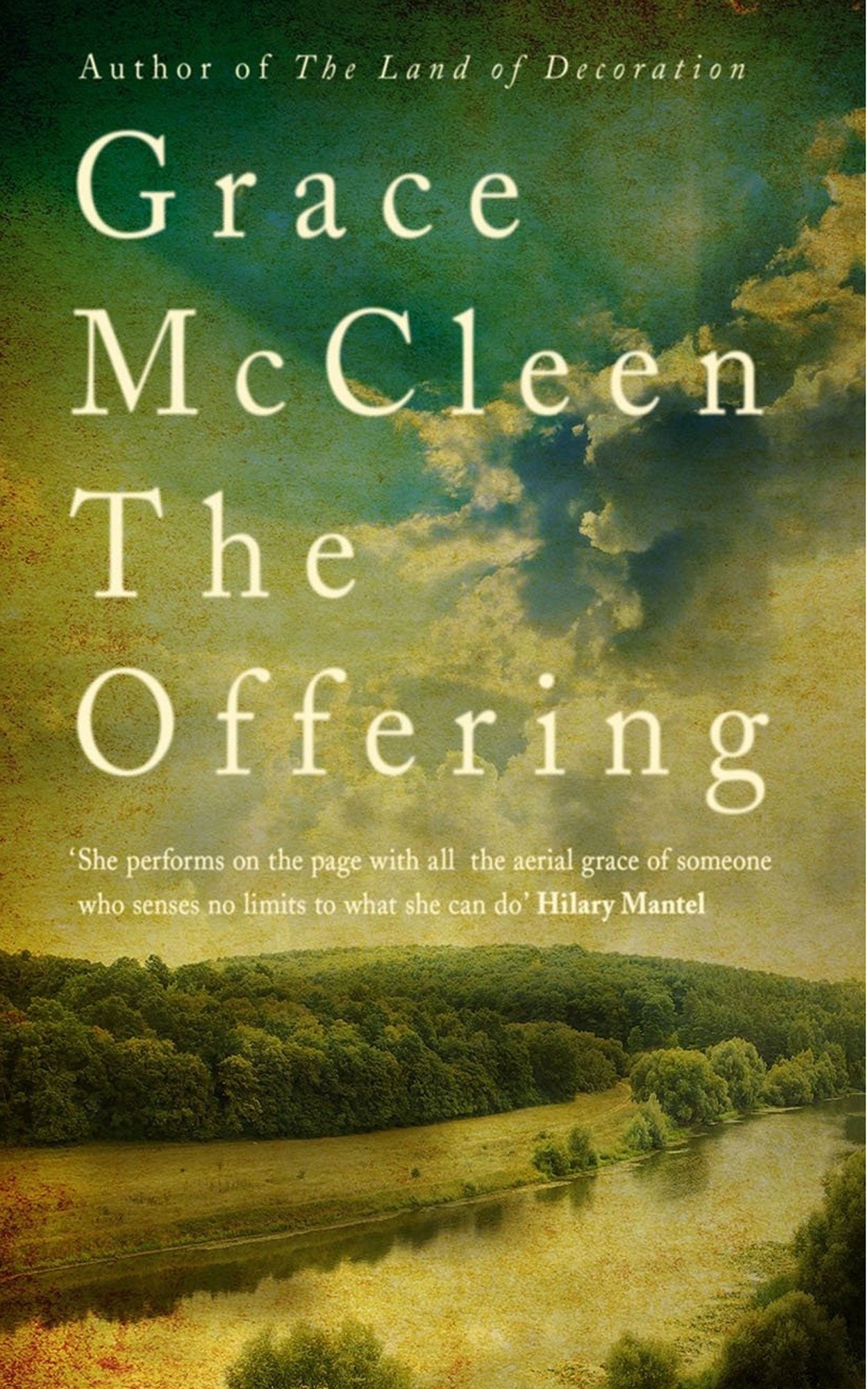The Offering by Grace McCleen, book review: Dark secrets on the farm
Loss and sacrifice gape at the heart of this cinematic, jarring novel

Your support helps us to tell the story
From reproductive rights to climate change to Big Tech, The Independent is on the ground when the story is developing. Whether it's investigating the financials of Elon Musk's pro-Trump PAC or producing our latest documentary, 'The A Word', which shines a light on the American women fighting for reproductive rights, we know how important it is to parse out the facts from the messaging.
At such a critical moment in US history, we need reporters on the ground. Your donation allows us to keep sending journalists to speak to both sides of the story.
The Independent is trusted by Americans across the entire political spectrum. And unlike many other quality news outlets, we choose not to lock Americans out of our reporting and analysis with paywalls. We believe quality journalism should be available to everyone, paid for by those who can afford it.
Your support makes all the difference.First I was reminded of Kazuo Ishiguro’s Never Let Me Go. Lethem Park, named for “a river in Hades whose water, when drunk, made the souls of the dead forget their life on earth”, like Hailsham in Ishiguro’s novel, is shrouded in mystery, alive with the unspoken. Madeline doesn’t know why she is there. She only knows she has been there for 20 years.
The new doctor wants to hypnotise her to discover her past, the key, he believes, to her episodes – terrifying events we do not see as Madeline does not remember them, and she is our only guide through this strange and beautiful novel.
As readers, however, we are allowed privileges which Dr Lucas is not, intimacies she holds back from the psychiatrist owing to mistrust of his dry academic interest in a story that for her is wild, vibrant and living. It is these intimacies which made me love and believe in Madeline, remaining at her side even as it became clear she had done something appalling.
Moving between the sterile hospital and the farm, where all the surfaces have been written on then painted over, the novel feels cinematic and jarring. The contrast is overwhelming, flashing between the sanitised room where Dr Lucas makes notes with his beautifully sharpened pencils, and the farm where a child runs to the bottom of the garden, accompanied by her dog.
This disorientation gives the reader and Madeline something in common; both inhabit the novel’s wildly different worlds simultaneously. The confusion caused by this gives us an insight into Madeline’s illness, how strange and difficult it must be to live in her head.
We would not expect a story narrated by an amnesiac to be clear, and the farm and island first come into view as though through a mist, before they emerge as an idyll or, as Dr Lucas says, “a personal mythology”. The biblical chapter headings and the constant presence of malevolent eyes lend credence to the idea that this is a tale of paradise lost. The religious symbolism is deliberate, but far from clumsy.
Loss gapes at the centre of this novel, alongside the theme of sacrifice, hence the title. However, the final offering, given to appease a vengeful Old Testament God, is too much for Madeline and for the reader. “How could you?” I wanted to ask Madeline, but I already knew how she could. She had explained it all with gorgeous lucidity, and perhaps this is why the ending hurt so much.
Join our commenting forum
Join thought-provoking conversations, follow other Independent readers and see their replies
Comments